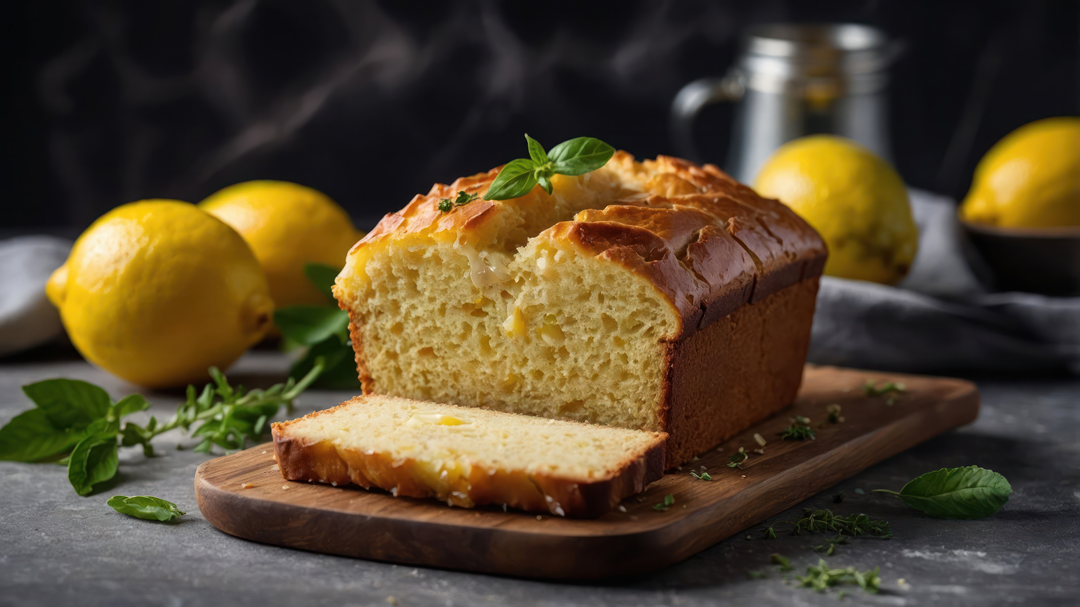Over the next few weeks, I plan to hone in on faith! We must have faith. In my work as a Christian therapist offering individual, marriage, and family counselling, I often see that we need faith not only in God but also in one another. Faith in our spouse or girlfriend/boyfriend, faith in our children, faith that your colleague will show up on that project deadline, or faith that you will be able to cover next month’s rent. We can all experience a faith crisis, so let’s talk about it. Faith is not only centred on religious texts; it pulsates through our everyday lives.
Have you noticed that you have stronger faith in some areas of your life but not others?
You might have faith that your lemon loaf will turn out as delicious as always, or that the mechanic will make sure every bolt is tightened on your regular seasonal car maintenance check-up, but then lack faith that your child will meet their curfew time or let the dog out while you are gone. Why is that?
Your quick answer might be: “Because I have control over my lemon loaf recipe, but I have no control over my child.” But is this really true? How do you know that your power will not turn off in your home while baking? Or that you trip as you are about to place it in the oven? Or maybe your child REALLY wants to please you this one day, and their guardian angel is helping this instance—especially on this one day—and they are simply a dream child you never knew you had!
Faith is a decision to trust. And when you do, God and your child will thank you for it.
But I don’t want to make this post about parenting—that can be another time. This post will act as an introduction to what it truly means to have faith.
As mentioned in last week’s post, faith is formed over time. It is a grace, a privilege. It is not a right. We don’t just get faith as a rite of passage at a certain age. Faith is an action. When everyone else is anxious, nervous, and scrambling around the room, you sit there and trust—why? Because of your faith.
I can hear the next question coming from you… “Well, what happens when you drive your car home from the garage and you hear a rattling sound underneath… realizing that your mechanic failed you?” That is when you call the mechanic, inform him of the problem, and TRUST he will take care of it next time. You have mercy on him and realize he is just as flawed as you are, and people make mistakes. Realize that we all are weak, but if our will and intention are to do good—every day, in every way—that is all you need to strive for. People make bad choices—sometimes terrible ones. It doesn’t mean they should never be trusted again, and you must continue to have faith in them.
I, and so many of the clients that come to see me for couples therapy or pre-marital counselling, have our hands so tight on the reins that the blood flow has stopped. Many use criticism and contempt toward the person they are trying to control as an attempt to change that person. Has that worked for you? From my own experience, it has not. It has only shamed me.
In the title, I mentioned the words’ risk’ and ‘investment’. If you desire meaningful relationships—or a deeper spiritual life—risk is always part of the process.
But unlike financial risk, which we’re taught to minimize through diversification and safety nets, the Gospel invites us to do the opposite. Jesus says, “Be dressed for action and have your lamps lit.” Faith means staying ready, stepping forward even when the market of life feels uncertain, trusting that God, not the numbers, secures the return.
The real challenge of having a strong faith is staying consistent when the outcome isn’t what you expected. Will you kneel again and pray the same prayer as when hope was higher? Will you trust in the idea that your way of thinking might not be the best for you at this time?
As someone who is constantly working on my faith, I try my best. Just as you provide mercy to the one who disappoints you time and time again, God sees this, and your efforts will be rewarded. You may not be able to trust a particular relationship—the person—but you can still trust Him. Your investment in prayer, much like the work we do in Gottman-based marriage counselling, is never wasted; it grows character and communion.
Why am I so sure? Because Christ tells you to love your neighbour as yourself and to love Him. To act in the same likeness of Him. You can’t go wrong if you continue to do His will. His graces will abound; it just might not be according to the way you envisioned it. But because He makes no mistakes, that is fine with me. We must become children again and accept what our parents taught us, even though, at the time, it made no sense to us whatsoever. Me: Make my bed every day? Why? I am just going to crawl back in every night anyway! 🤔
Patience is an essential virtue I didn’t mention earlier, but we all desperately need it throughout the journey of faith, trust, and hope. Remember to practice it.
Faith is less about the courage to leap and more about the humility to trust that Someone will catch you.
In this series, I’ll reflect on where faith meets the ordinary—how we can live out our trust in the kitchen, at the office, in the studio, and at the altar. Each post will draw from Scripture, psychology, and everyday stories of courage and grace.
Good luck with your practice this week!


